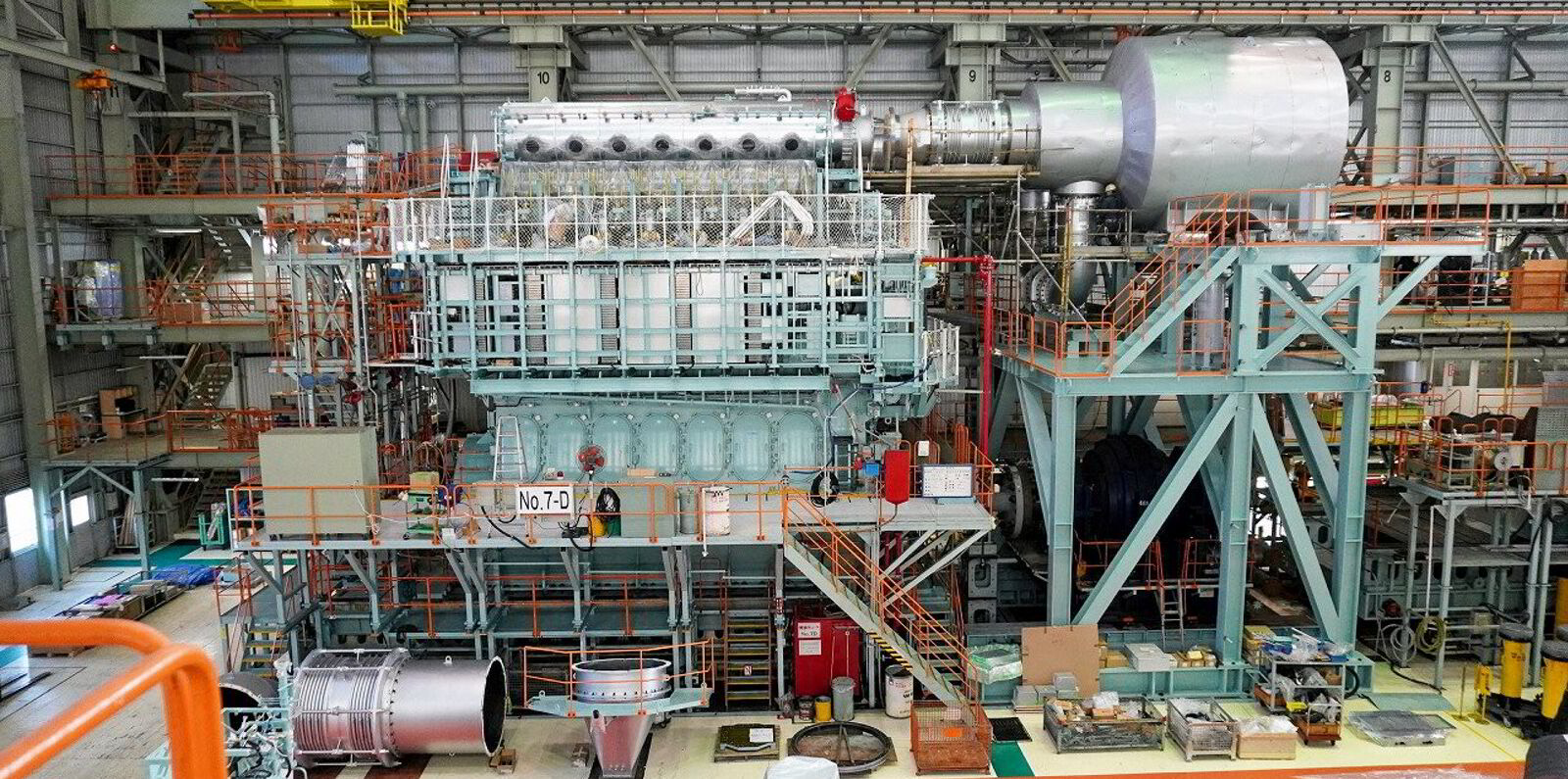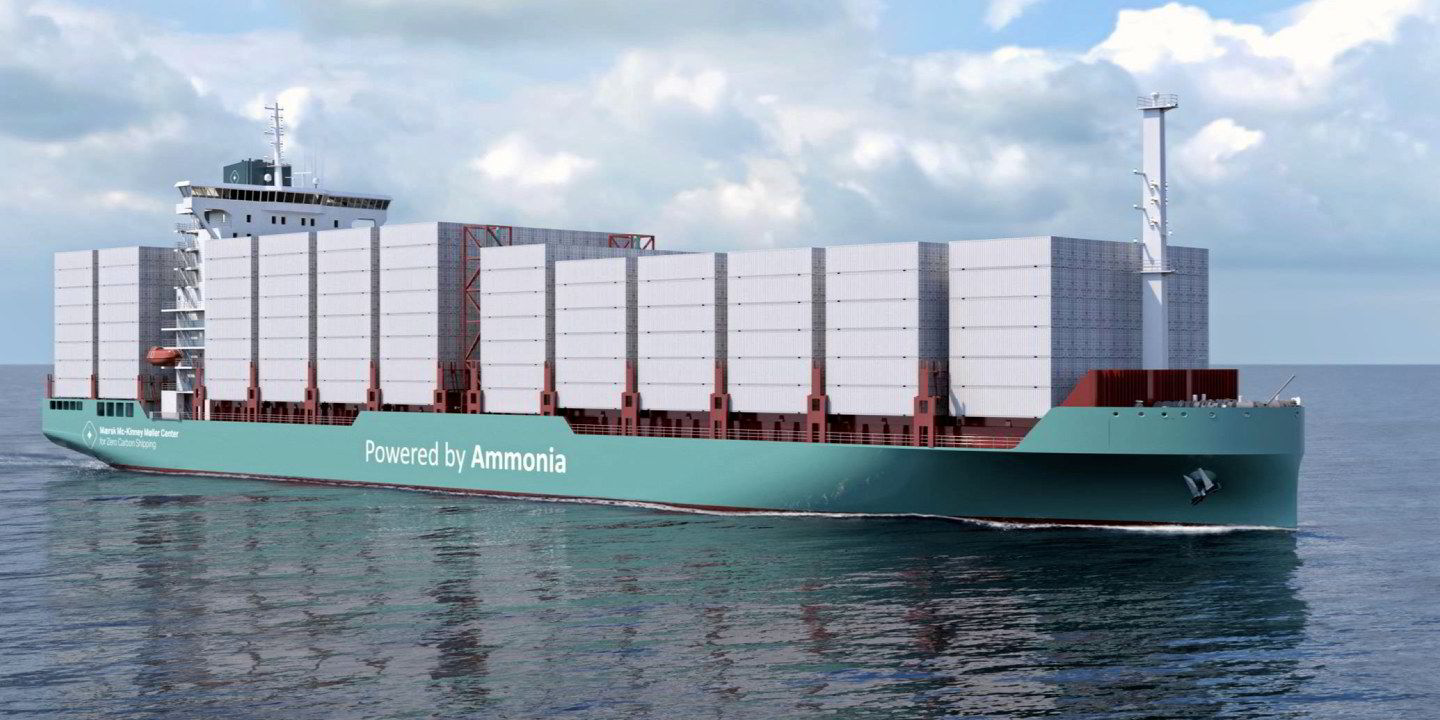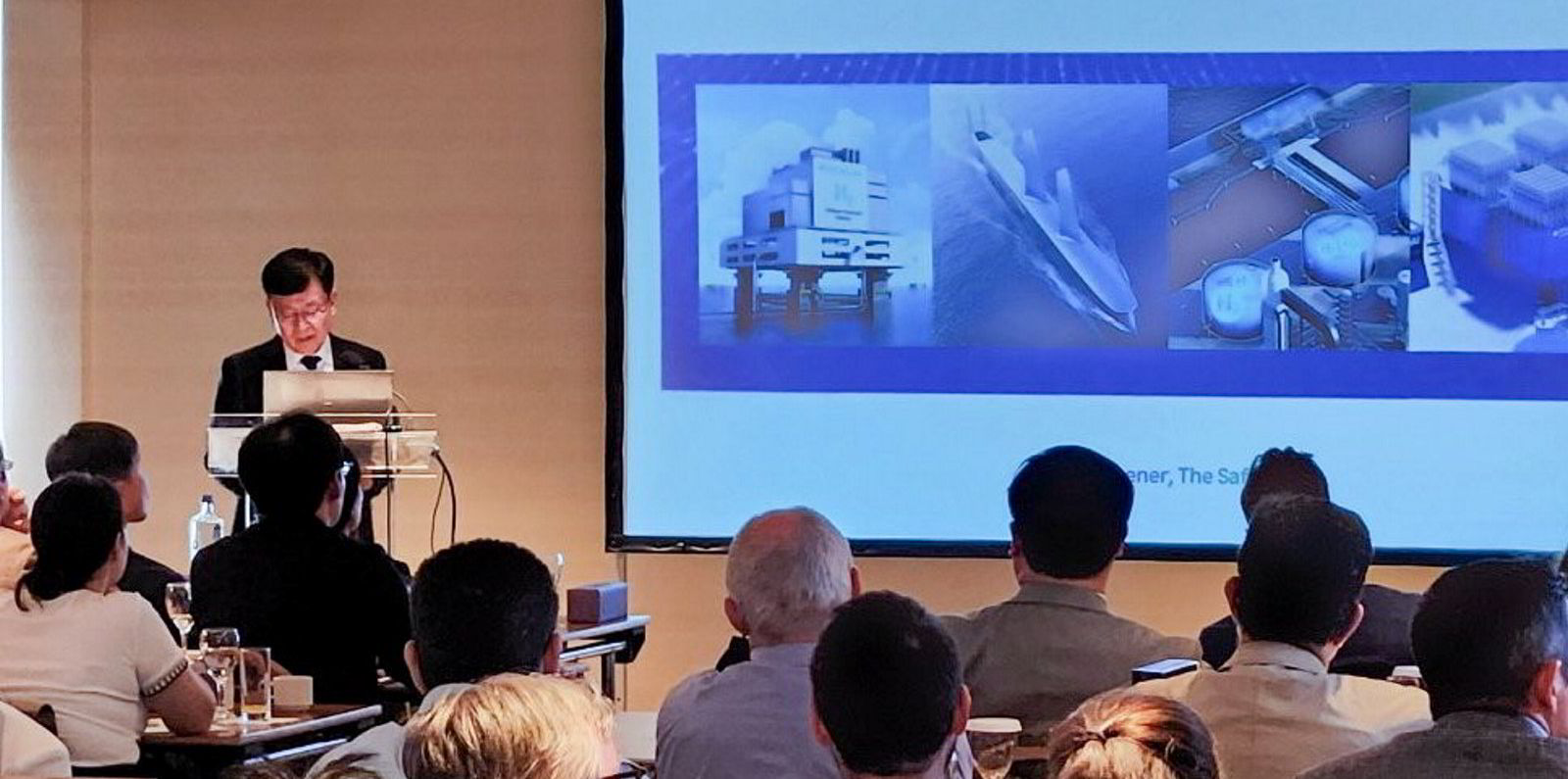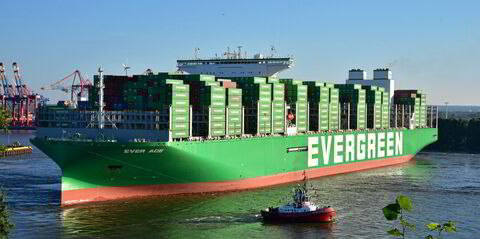Using ammonia as a marine fuel can slash greenhouse gas (GHG) emissions by up to 61%, according to an independent study commissioned by the Society for Gas as a Marine Fuel (SGMF).
The 134-page report, which was undertaken by consultants Sphera, detailed that the emissions reduction figure will depend on the marine technology employed.
SGMF said the 61% is compared with the emissions of current oil-based marine fuels measured from well-to-wake.
GHG emissions from the supply chains as well as emissions released during the onboard combustion process — often referenced as ammonia slip — have been included in the analysis.
The society said the study was reviewed by a panel of leading independent academic experts from key institutions in France, Germany, and the US.
The first large commercial ammonia dual-fuel vessels are on order, but their engines are still under construction and design and test work remain ongoing.
“The results of this study should be considered as guidance, based on currently available information, as there are still some uncertainties regarding greenhouse gas emissions from the combustion of ammonia,” the report says.
“Life cycle analysis of GHG emissions of ammonia as a marine fuel and its use is a complex topic due to different engine technologies, different tier emission limits and the different production pathways of ammonia,” it added.
The report details that the latest available marine engine and supply chain data measured, estimated, or targeted was used.
Among those contributing were engine designers Wartsila, WinGD and MAN Energy Solutions, product suppliers Yara Clean Ammonia, and BASF.
The report did state: “It should be emphasised that ammonia is a toxic and environmentally hazardous substance, and therefore needs specific precautions in handling.”
But SGFM concluded: “The analysis concluded that ammonia can ‘beyond question’ contribute significantly to the International Maritime Organization’s GHG reduction targets.”
SGMF chairman Tom Strang, who is senior vice president for maritime affairs at Carnival Corp, said: “This is an important piece of work by SGMF that will help inform the maritime sector on the use of ammonia as a marine fuel and reinforces the importance of working together across all the different decarbonisation pathways, and for me highlights why we are part of SGMF”.
Strang said it is important that an independent organisation like SGMF provides independent reports such as this.
“The industry needs credible information and this is a landmark report as far as ammonia as a marine fuel is concerned,” he added.
SGMF general manager Mark Bell said: “We are confident this work will provide the IMO with solid information that will contribute to its regulatory decisions. SGMF will continue to produce up-to-date data, now including ammonia (this study), methanol and hydrogen.”






